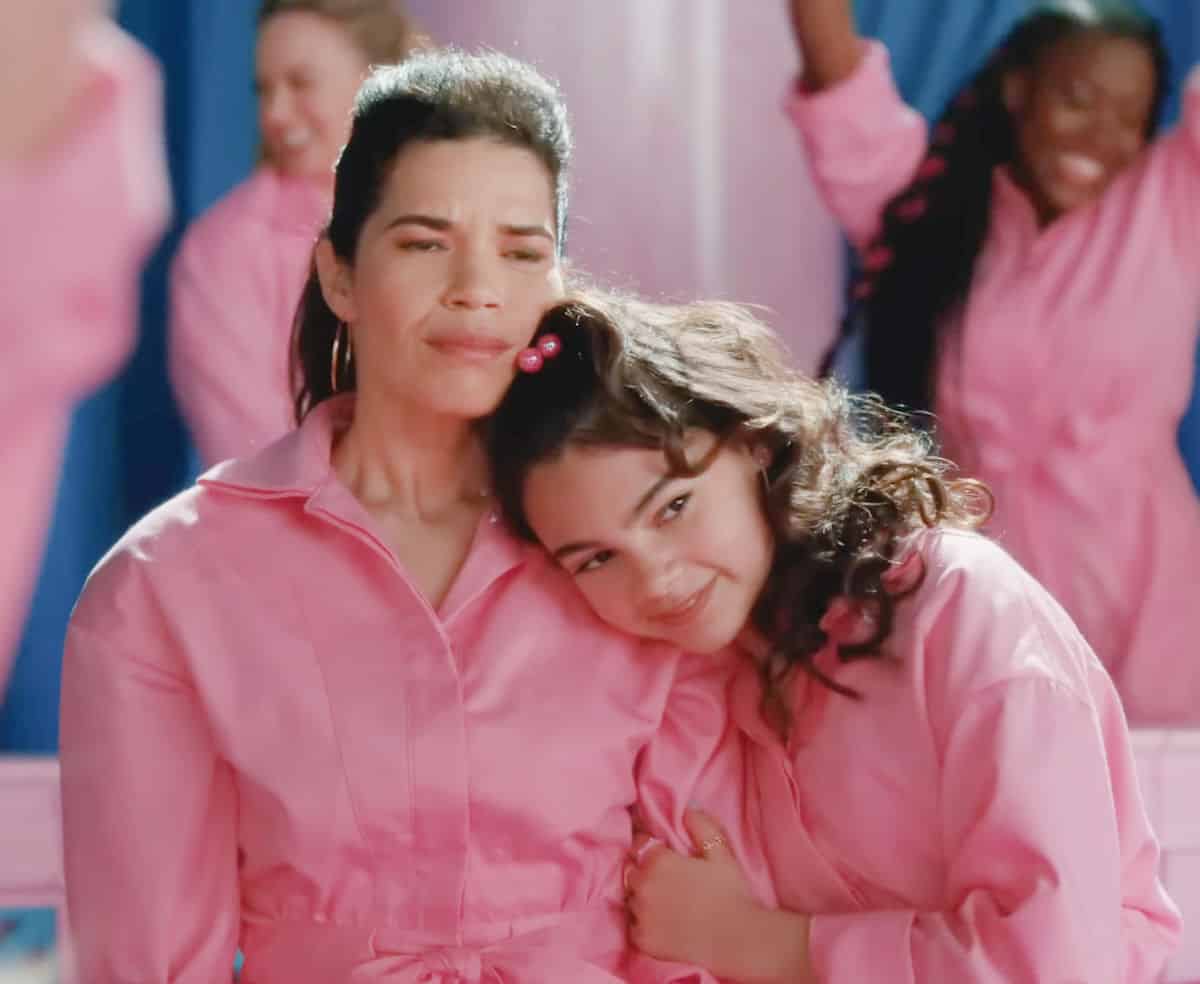The wildly popular “Barbie” movie has been touted for its celebration – and critique – of femininity. As a mother and a media scholar, I couldn’t help but see “Barbie” through an even narrower lens: as a film that, at its core, is about mothers and daughters.
The film’s plot centres on a life-size doll, known as “Stereotypical Barbie,” played by Margot Robbie, who begins to malfunction: Her feet go flat, and she can’t stop thinking about death. So she leaves her perfect plastic life to embark on a quest to restore the boundary between the real world and Barbie land. Along the way, she learns that the real world is nothing like her girl-power wonderland, where Barbies hold all the positions of power and influence and Kens are just accessories.
But its thematic heart rests in the film’s examination of the tensions around being a mother – a role often taken for granted, even as the cultural fantasies of motherhood clash with the actual sacrifices that moms make.
Motherhood as mere drudgery?
I was immediately struck by the movie’s funny but chilling observations about motherhood.
“Since the beginning of time,” unseen narrator Helen Mirren intones sardonically in the film’s first line, “since the first little girl ever existed, there have been dolls.” (Cinephiles will immediately recognize this scene and its setting as an homage to Stanley Kubrick’s famous “dawn of man” opening from “2001: A Space Odyssey.”)
Girls appear on screen, wearing drab, antiquated dresses and playing “house” with their dolls in a primitive setting. The problem with these dolls is that girls “could only ever play at being mothers, which can be fun” – Mirren pauses meaningfully – “for a while.”
Then, she adds, her tone turning cynical, “Ask your mother.” The appeal of motherhood, Mirren seems to suggest, eventually morphs into unwanted drudgery – a reality underscored moments later when the girls meet their first Barbie, who towers above them, larger than life, inspiring them to smash their mundane baby dolls.
Barbie – a doll of a young, beautiful woman – compels kids to leave the ennui of motherhood behind for the pink plastic sparkle of Barbie land, where all the Barbies live their best lives forever, embodying feminine perfection and possibility. The framing of motherhood as thankless and undesirable echoes mid-20th-century feminist critiques of child rearing and housework. These roles not only bound women to the home but also forced them to perform repetitive tasks that didn’t reflect their abilities and derailed their ambitions. In her 1949 book “The Second Sex,” French philosopher Simone de Beauvoir argued that women, to empower themselves, needed to reject the myth that motherhood represented the pinnacle of feminine achievement. American writer Betty Friedan would echo this sentiment in her 1963 book. “The Feminine Mystique,” railing against the image of the “happy housewife heroine” who finds fulfilment in being a wife and mother.
It’s no coincidence that these ideas overlapped with the invention of Barbie in 1959. While predating the women’s movement of the 1960s and 1970s, Barbie’s creator, Ruth Handler, did design the toy to allow girls to imagine their future adult selves, rather than simply play-acting as mothers using baby dolls.
The value in ‘mother work’
And yet, not only do many women enjoy being mothers, but motherhood also plays an essential role in society and life. In her 1976 book “Of Woman Born,” feminist poet Adrienne Rich draws a distinction between the fulfilling relationship mothers can have with their children and the patriarchal institution of motherhood, which keeps women under men’s control. Sociologist Patricia Hill Collins coined the term “mother work” in the mid-1990s to highlight the experiences of women of colour and working-class mothers, many of whom don’t have the resources to pursue their own ambitions over caring for their families and communities.

















